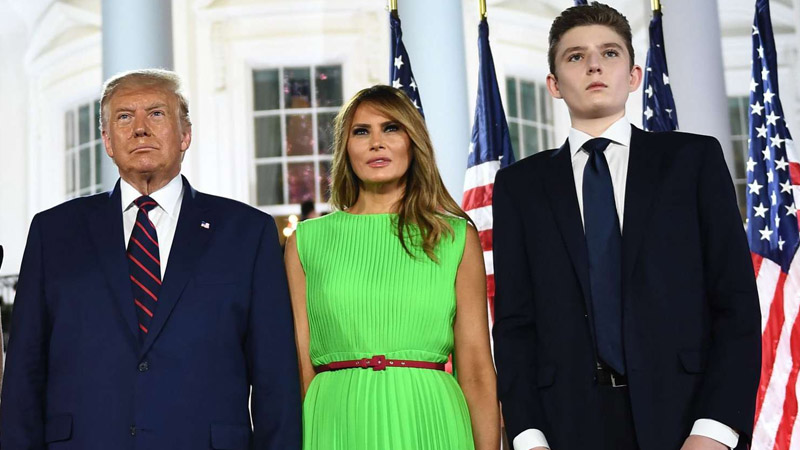Judge Sets 48-Hour Deadline for Trump’s Legal Team in Classified Documents Case

(AP Photo/Alex Brandon, File)
Judge Aileen Cannon has set a strict 48-hour deadline for former President Donald Trump’s legal team to submit their pretrial motions individually in the ongoing Mar-a-Lago classified documents case, as reported by Newsweek on February 21, 2024. This decision comes after Trump sought to bundle the motions, a move that was ultimately dismissed by the judge, highlighting the case’s intricate legal maneuvering and the high stakes involved.
Leading Trump’s defense, attorney Todd Blanche had proposed filing a consolidated set of “at least 10 pretrial motions” addressing various charges, including the alleged unlawful retention of classified records and efforts to obstruct their recovery. Blanche’s list of motions touched upon contentious issues such as the legitimacy of Special Counsel Jack Smith’s appointment, Trump’s assertion of presidential immunity, the legality of the Mar-a-Lago raid, and the implications of the Presidential Records Act.
The defense’s push for a consolidated filing was framed as a measure of efficiency, with a suggestion for temporary redactions given the sensitive nature of the materials involved. However, this approach was met with resistance from Special Counsel Jack Smith, who argued that the attempt to combine the motions was a tactic by Trump’s team to delay the trial proceedings. Smith expressed concern that the consolidated brief might serve as a vehicle for introducing “misleading” defense theories, potentially complicating the legal process further.
Judge Cannon’s directive for individual filings within a tight two-day window underscores the urgency and seriousness with which the court is treating the matter. Her order mandates the submission of “final, unredacted copies” of each motion, with a provision for parties to request specific redactions by a later date, setting a clear timeline for these legal exchanges.
The backdrop of this legal skirmish is Judge Cannon’s own controversial tenure, marked by decisions that have at times been perceived as favorable to Trump. Her rulings, particularly those concerning the review and handling of the seized documents, have been a point of contention and debate within legal circles and the broader public discourse.
As the deadline approaches, the focus intensifies on the detailed arguments and legal rationale that will be presented by Trump’s defense. The unfolding scenario not only highlights the procedural aspects of high-profile legal battles but also brings to the fore the strategic considerations at play in the judiciary. With each party holding firm to their respective positions, the Mar-a-Lago case continues to navigate through complex legal waters, drawing attention to the broader implications for justice and accountability in the post-presidential period.


